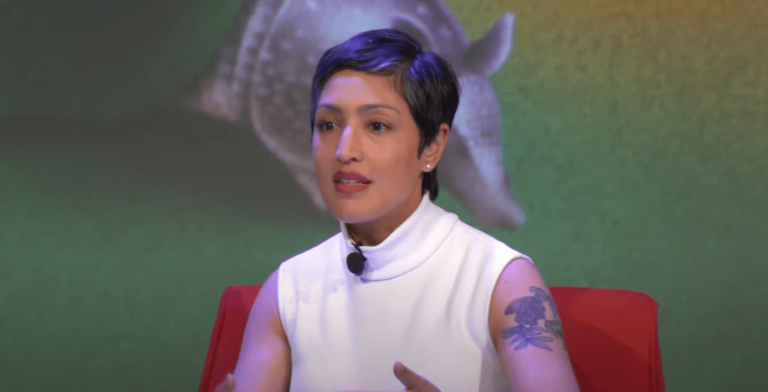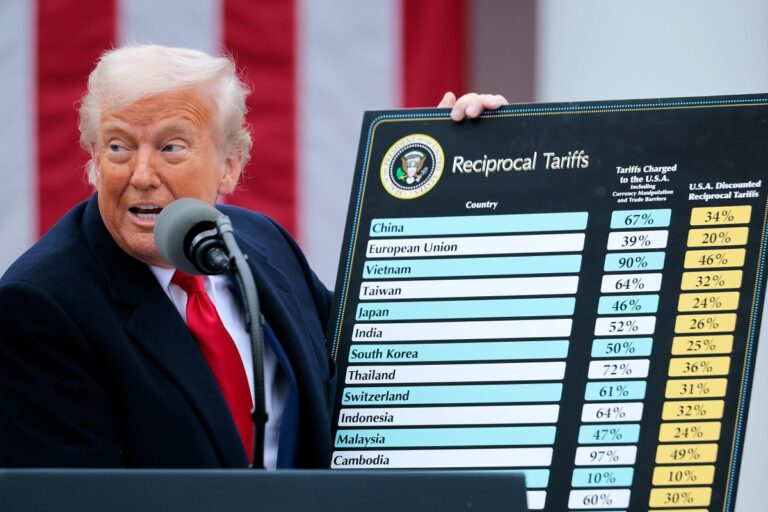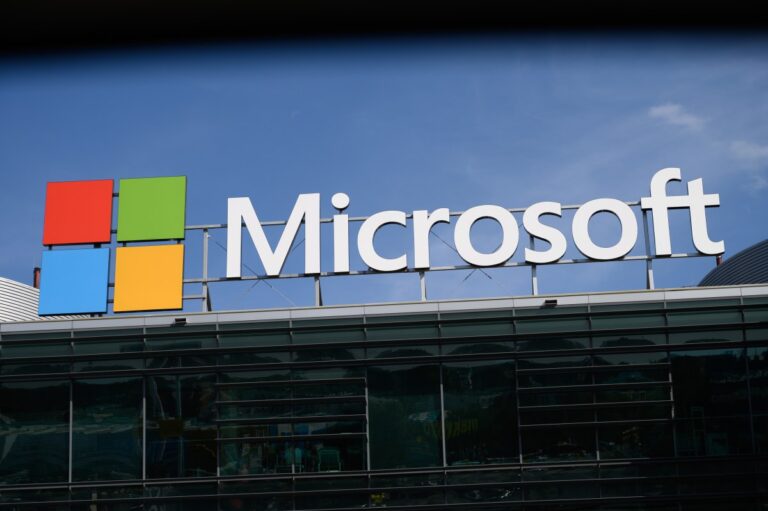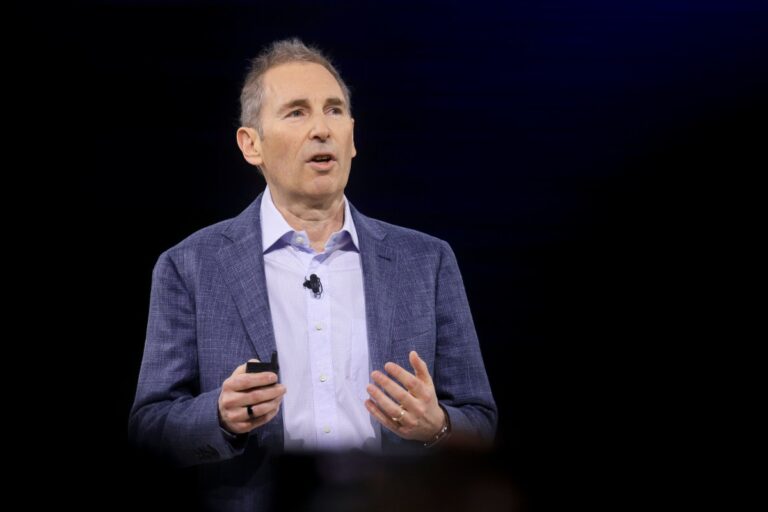EU Court Ruling on Android Auto Antitrust Case: Fast-Tracking Interoperability Requests
In a landmark decision regarding interoperability requirements for Big Tech, Europe’s top court has clarified the rules surrounding the integration of third-party applications into dominant platforms. This ruling stems from a case involving Google’s Android Auto and its refusal to allow a third-party electric car charging app from Enel X Italia.
The Background of the Case
In 2021, Italy’s competition authority imposed a hefty €100 million antitrust fine on Google for denying Enel’s app access to its Android Auto platform. This version of the mobile operating system is specifically designed for in-car use, and Google justified its restrictions by claiming they were necessary to prevent driver distraction. However, the company had previously approved interoperability for thousands of other apps.
Ruling from the Court of Justice of the EU
The Court of Justice of the EU (CJEU) supported the Italian authority’s view that Google’s refusal to allow Enel’s app constituted an abuse of its dominant market position, which adversely affected Enel’s ability to attract consumers.
- The ruling confirms that refusing interoperability in a dominant market can be considered antitrust abuse.
- Even if a platform is not essential for an app’s commercial operation, refusal may still be deemed abusive.
Exceptions to Interoperability Refusal
According to the CJEU’s judgment, there are specific conditions under which a dominant platform may refuse interoperability:
- Lack of a template for the app category at the time of the access request.
- Concerns that granting interoperability could compromise the platform’s security or integrity.
- Technical impossibility of fulfilling the access request.
If none of these exceptions apply, the platform operator is required to fulfill the interoperability request within a “reasonable and necessary” timeframe, potentially involving appropriate financial compensation.
Google’s Response to the Ruling
In response to the CJEU ruling, Google expressed disappointment. A spokesperson stated that while they have now implemented the requested feature, it was only relevant for a small fraction of vehicles in Italy when initially requested. Google emphasized that it prioritizes features based on user demand rather than requests from specific companies.
The Broader Implications of the Ruling
This ruling comes in the context of the European Union’s Digital Markets Act (DMA), which outlines interoperability requirements for dominant tech platforms. However, the DMA only applies to companies designated as gatekeepers by the European Commission and specific core platform services (CPS). Currently, while Google has been designated as a DMA gatekeeper, its Android Auto platform is not classified as a regulated CPS.
Despite this, the CJEU ruling suggests that interoperability requirements could impact market leaders’ business operations across the EU, setting a precedent for future cases. For more information on the Digital Markets Act, visit the European Commission’s website.
As the tech landscape evolves, this ruling will likely have significant implications for how major platforms interact with third-party developers and the overall competitive environment in the tech industry.






